Science
The exploration of the world we live in has raised fundamental questions and led to elaborate explanations across time and across societies and continents. In this theme ideas put forward in the pursuit of organised science are explored, the impact of those ideas and the changes they may have led to are discussed. Key individuals in the development of scientific thought are studied and ideas around how science has affected history and human development are addressed.
Sort by:
Date (Newest first) | Title A-Z
Show:
All |
Articles |
Podcasts |
Multipage Articles
-

What Have Historians Been Arguing About... the consequences of the industrial revolution
ArticleClick to view -

Vera Ignatievna Giedroyc: her missions of mercy, 1899–1932
ArticleClick to view -

Real Lives: Anna Wessels Williams (1863–1954)
ArticleClick to view -

Glowing in the Dark
ArticleClick to view -

A (non-Western) history of versatility
ArticleClick to view -

The amazing adventures of Pytheas the Greek
ArticleClick to view -

The Venerable Bede: recent research
ArticleClick to view -
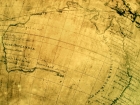
Joseph Banks and his travelling plants, 1787-1810
ArticleClick to view -
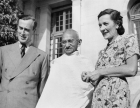
Admiral Lord Mountbatten: man of science and royal role model
ArticleClick to view -

Tank development in the First World War
ArticleClick to view -
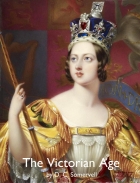
The Victorian Age
ArticleClick to view -

Out and About: Charles Darwin, a voyage of discovery
ArticleClick to view -
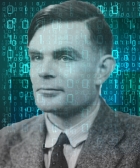
Podcast: The Life and Significance of Alan Turing
ArticleClick to view -
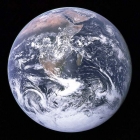
Ideas on the Shape, Size and Movements of the Earth - Pamphlet
ArticleClick to view -

The mechanical heroes of the Battle of Britain
ArticleClick to view -
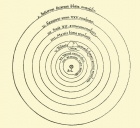
Copernicus and the Reformation of Astronomy
ArticleClick to view -

Religion and Science in the Eighteenth Century
ArticleClick to view

